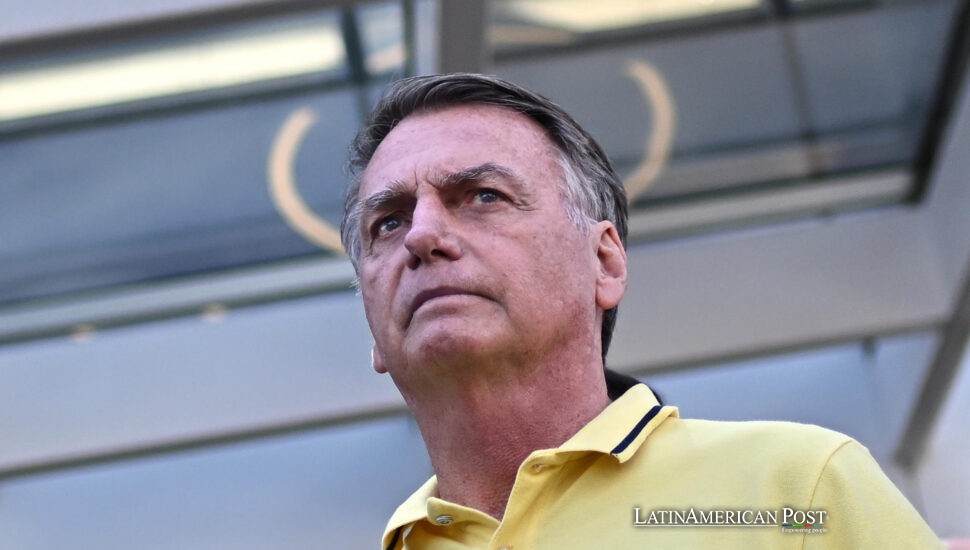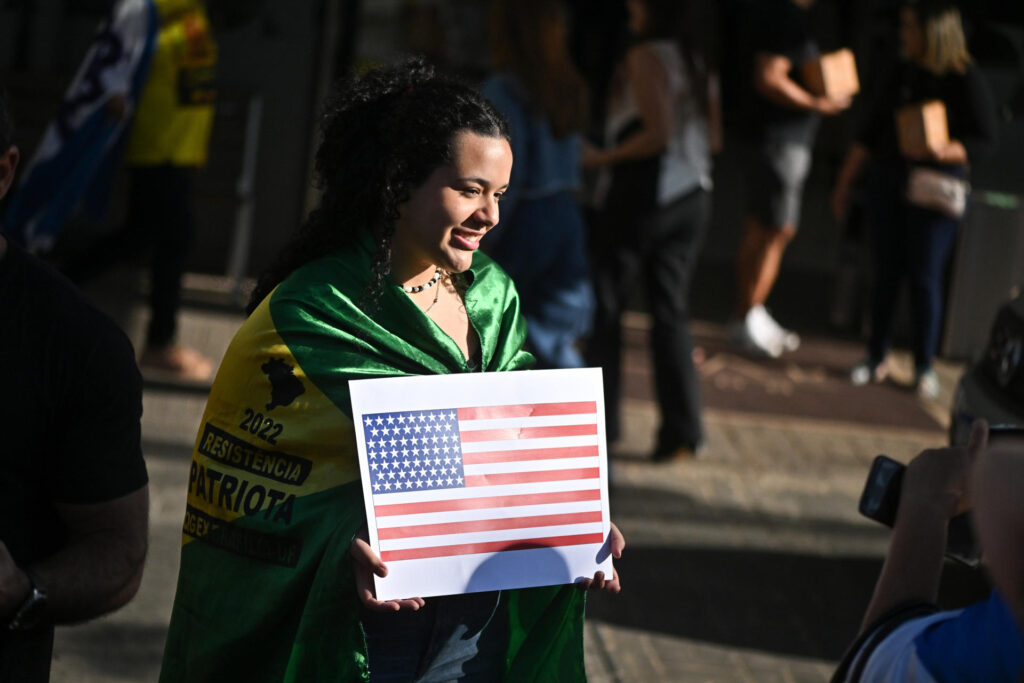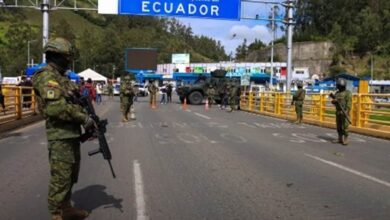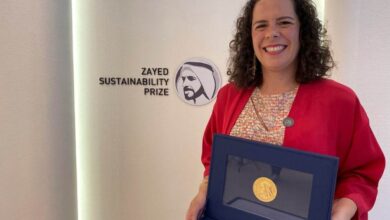Brazil Institutions Tested Facing Obstruction Storm, Tariffs, and Potential Bolsonaro Argentina Asylum

Jair Bolsonaro’s political future is colliding with police files, draft letters, and international tariffs. Accused of obstruction alongside his son Eduardo, the former president confronts a courtroom countdown that will decide not only his fate but the resilience of Brazil’s democracy.
A draft letter, a seized phone, a ticking clock
The latest chapter opened with a 170-page police report that thundered into Brasília less than two weeks before the coup trial’s decisive phase. Inside, investigators describe a striking find: on Bolsonaro’s seized mobile phone, a 33-page draft letter addressed to Argentine President Javier Milei, requesting political asylum.
The document’s metadata showed a last edit in February 2024—days after Bolsonaro was ordered to surrender his passport. Whether the letter was ever sent remains unproven; Argentine officials insist the Casa Rosada never received it. But its existence alone suggests intent, a digital shadow contradicting Bolsonaro’s public insistence that he never contemplated leaving Brazil.
The Supreme Court’s Alexandre de Moraes, the justice overseeing the insurrection probe, gave Bolsonaro’s legal team 48 hours to explain the draft. It was a procedural move freighted with symbolism: a man under house arrest, silenced by gag orders, now confronted with evidence that hints at escape plans. Bolsonaro calls the entire investigation a “witch hunt” meant to sideline him before 2026. Yet the draft feels like a window into private calculations that diverge from his speeches.
The timing is brutal. As five justices prepare to rule on whether he conspired to subvert the 2022 election, Bolsonaro is forced to reconcile a defiant narrative with the quiet trace of a letter he claims never mattered.
Tariffs, travel bans, and transnational pressure
The report also casts Eduardo Bolsonaro in a new light. Federal police allege the former president’s son lobbied allies in Washington to squeeze Brazil’s judiciary. The consequences came swiftly: last July, Donald Trump announced a tariff hike to 50% on Brazilian imports, explicitly tying the move to what he called the persecution of Jair Bolsonaro. Weeks later, the U.S. State Department barred eight Brazilian Supreme Court justices—including de Moraes—from entering the United States.
For investigators, the sequence looked like cause and effect, an external pressure campaign designed to intimidate the court. For Eduardo, who has spent months in the U.S., it was advocacy for freedom at home. He denies orchestrating sanctions, describing his mission abroad as “defense of individual liberties.”
Whatever the intent, the results jolted Brasília. A foreign power had effectively sanctioned a nation’s judges while they presided over one of its most sensitive trials. Diplomats called it an affront to sovereignty. Legal scholars warned of precedent: that foreign governments could be weaponized against domestic courts.
The Bolsonaro camp, however, seized on the tariffs and bans as proof of legitimacy. Their narrative: the fight transcends Brazil, resonating with global allies. But the economic toll was immediate. Exporters faced turbulence, and investors were reminded how quickly Brazil’s internal crises can spill across borders.
The defense narrative, the 2026 shadow, and Milei’s cameo
Bolsonaro’s defense remains anchored in two claims: he never orchestrated an insurrection, and the courts are conspiring to block his 2026 candidacy. Both arguments resonate with his supporters, who see him less as a defendant than as a rival the establishment fears.
“I’ve never considered leaving the country, never,” he told interviewers last month. That line now rubs awkwardly against the police report’s draft asylum plea. If authentic, it also casts Milei—Argentina’s libertarian president and Bolsonaro’s ideological ally—into the plot.
Milei has been outspoken in calling Bolsonaro’s legal troubles persecution. That the draft asylum letter was addressed to him makes his cameo unavoidable. Argentine officials insist they never received such a request, but the possibility that Bolsonaro’s escape hatch pointed south underscores how regional alliances bleed into domestic trials.
For Bolsonaro, the optics are costly. Even if unsent, the draft raises the question courts love to probe: intent. Was the former president weighing exit strategies while denouncing witch hunts? For his defense, each new revelation forces a recalibration between rhetoric and evidence. For his opponents, it sharpens the claim that Bolsonaro’s loyalty to Brazil bends when personal survival is at stake.

Institutions on trial as much as a man
The case now feels bigger than its protagonist. It has become a referendum on Brazil’s ability to enforce accountability without fracturing its credibility. Justice de Moraes, lionized by some as guardian of the rule of law and reviled by others as a judicial strongman, embodies that tension.
Demanding an explanation for the asylum draft is both legal housekeeping and political theater. It tests whether Brazil’s courts can move deliberately while facing relentless political crossfire. Allegations that Eduardo’s lobbying helped unleash tariffs and travel bans highlight the stakes: if true, the attempt to leverage foreign clout against a domestic judiciary could outlast Bolsonaro himself. If false, the report risks looking like overreach, feeding cynicism about impartiality.
Meanwhile, Bolsonaro’s allies work the courthouse steps, framing every new charge as proof of conspiracy. His detractors brace for turbulence, remembering the chaos that followed the January 2023 uprising. The broader public oscillates between exhaustion and vigilance, torn between wanting closure and fearing that closure may never come.
Also Read: Ecuador’s Constitutional Crisis Pits Security Against the Soul of Its Democracy
In the end, the question is less about a single draft letter or a tariff list than about whether Brazil’s institutions can endure permanent stress without breaking. Bolsonaro’s trial is the stage, but the real defendant is the system itself.





